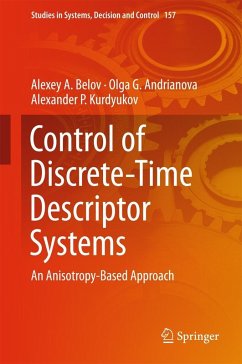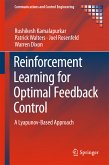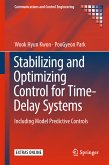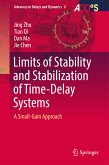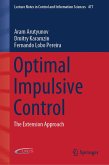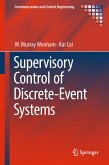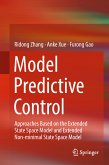Control of Discrete-Time Descriptor Systems takes an anisotropy-based approach to the explanation of random input disturbance with an information-theoretic representation. It describes the random input signal more precisely, and the anisotropic norm minimization included in the book enables readers to tune their controllers better through the mathematical methods provided. The book contains numerous examples of practical applications of descriptor systems in various fields, from robotics to economics, and presents an information-theoretic approach to the mathematical description of coloured noise. Anisotropy-based analysis and design for descriptor systems is supplied along with proofs of basic statements, which help readers to understand the algorithms proposed, and to undertake their own numerical simulations.
This book serves as a source of ideas for academic researchers and postgraduate students working in the control of discrete-time systems. The control design procedures outlined are numerically effective and easily implementable in MATLAB®
Dieser Download kann aus rechtlichen Gründen nur mit Rechnungsadresse in A, B, BG, CY, CZ, D, DK, EW, E, FIN, F, GR, HR, H, IRL, I, LT, L, LR, M, NL, PL, P, R, S, SLO, SK ausgeliefert werden.
Hinweis: Dieser Artikel kann nur an eine deutsche Lieferadresse ausgeliefert werden.

